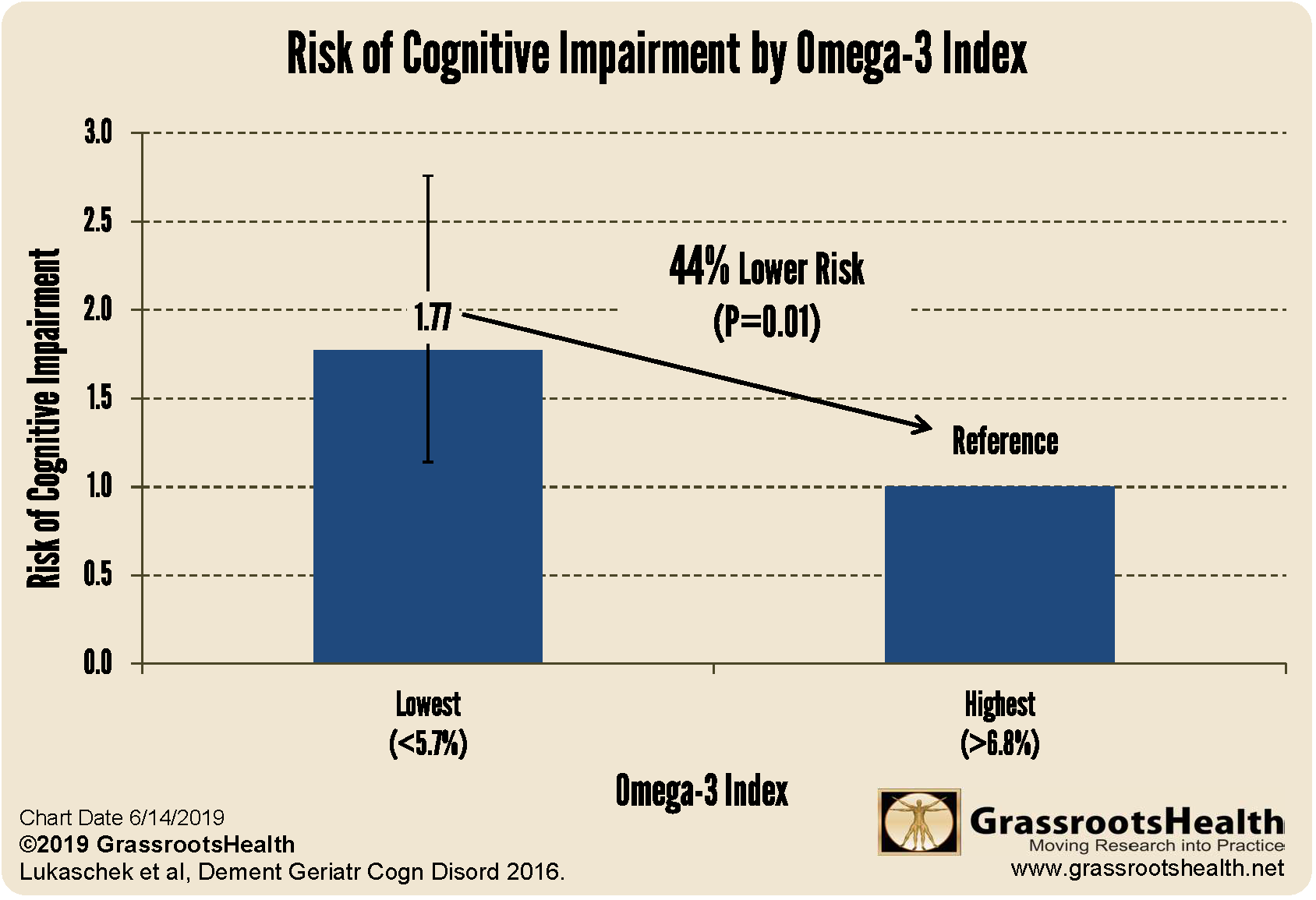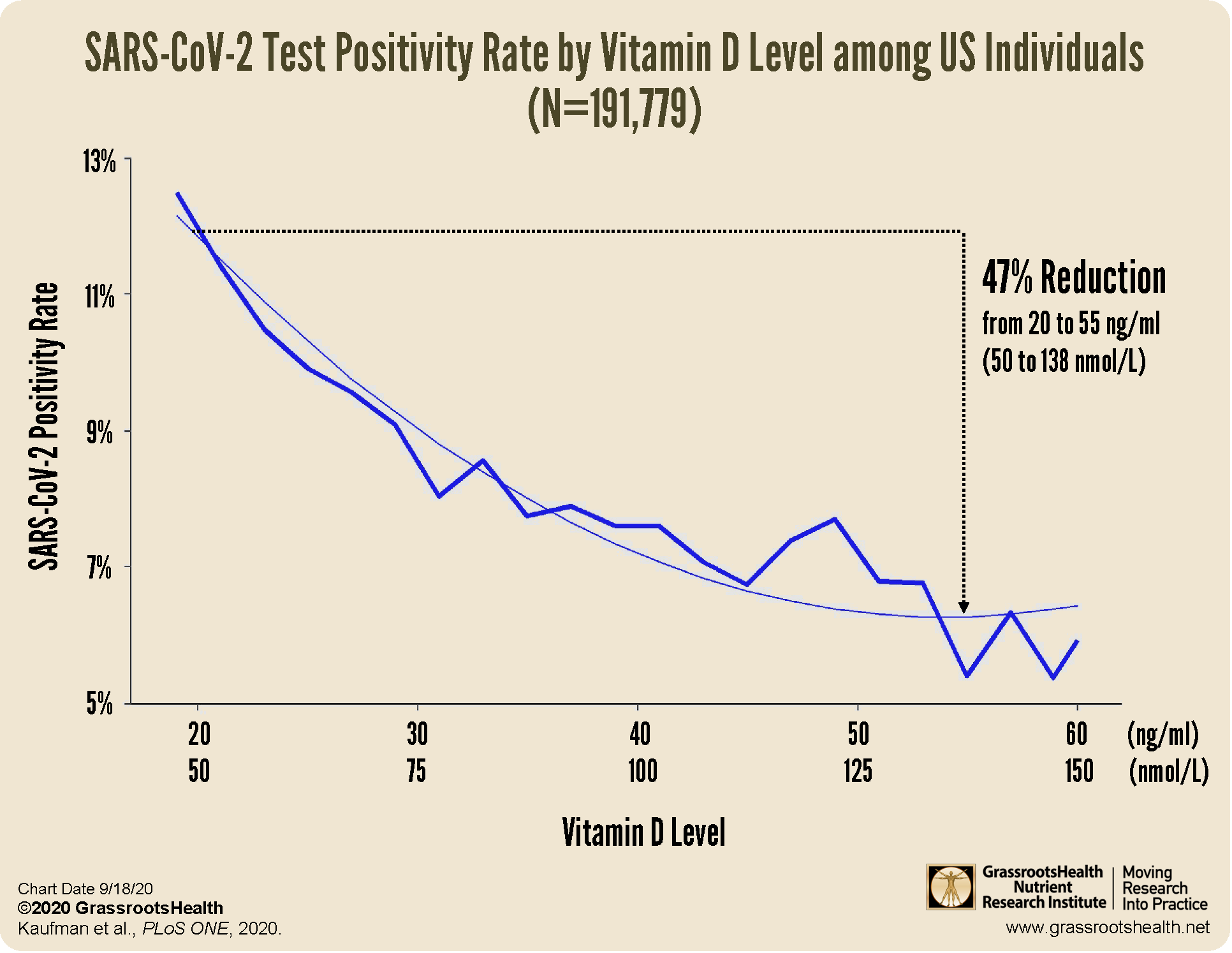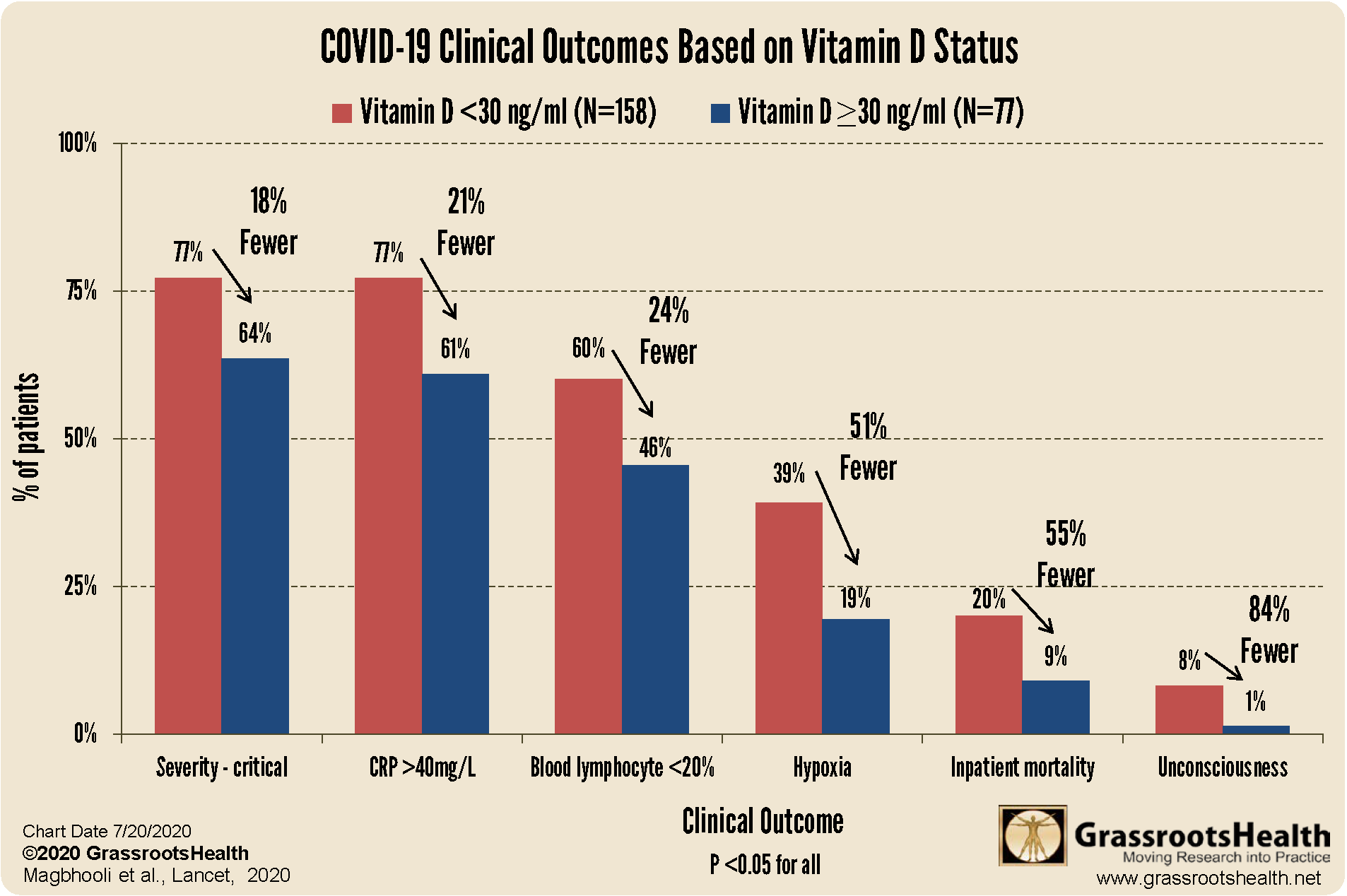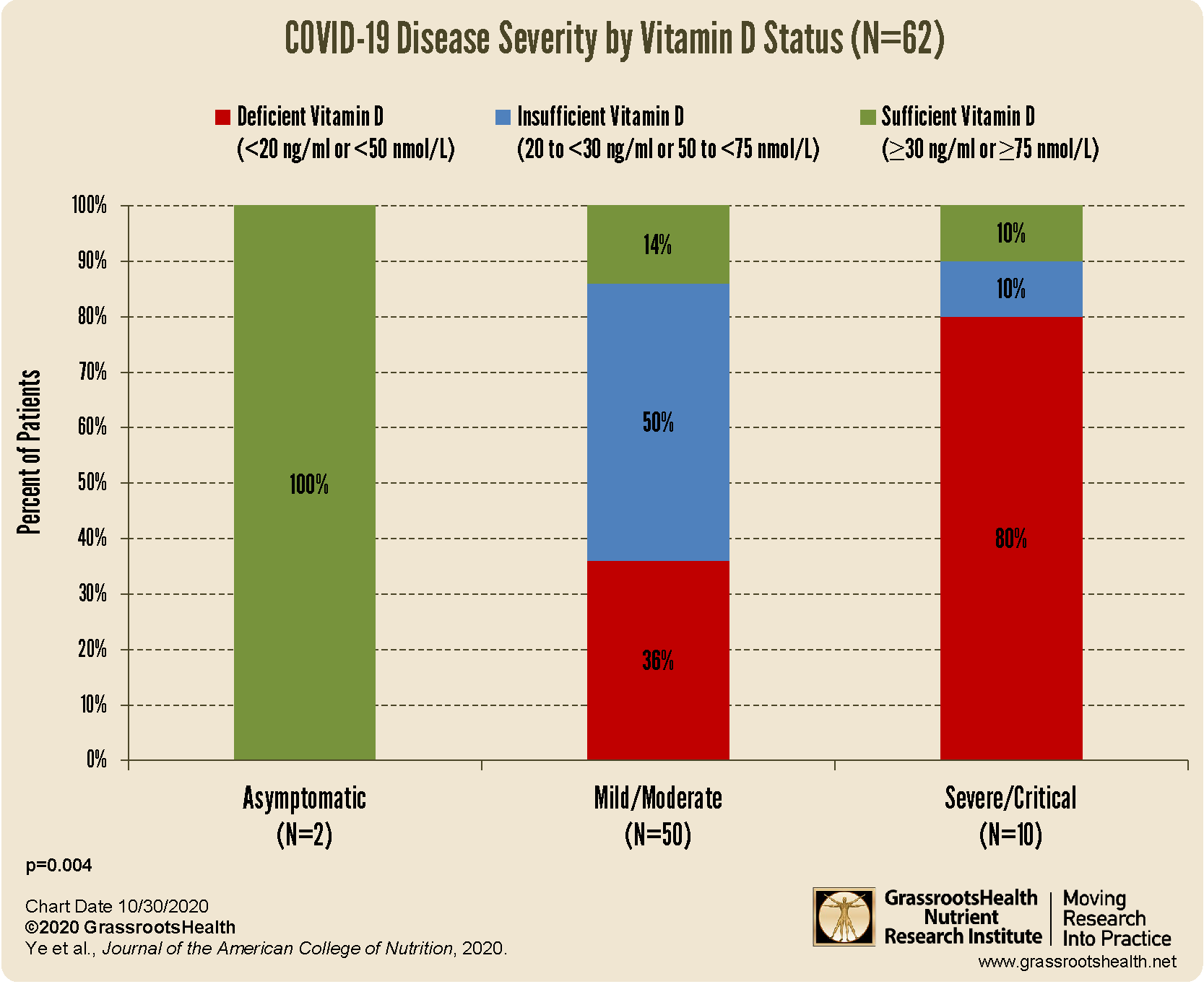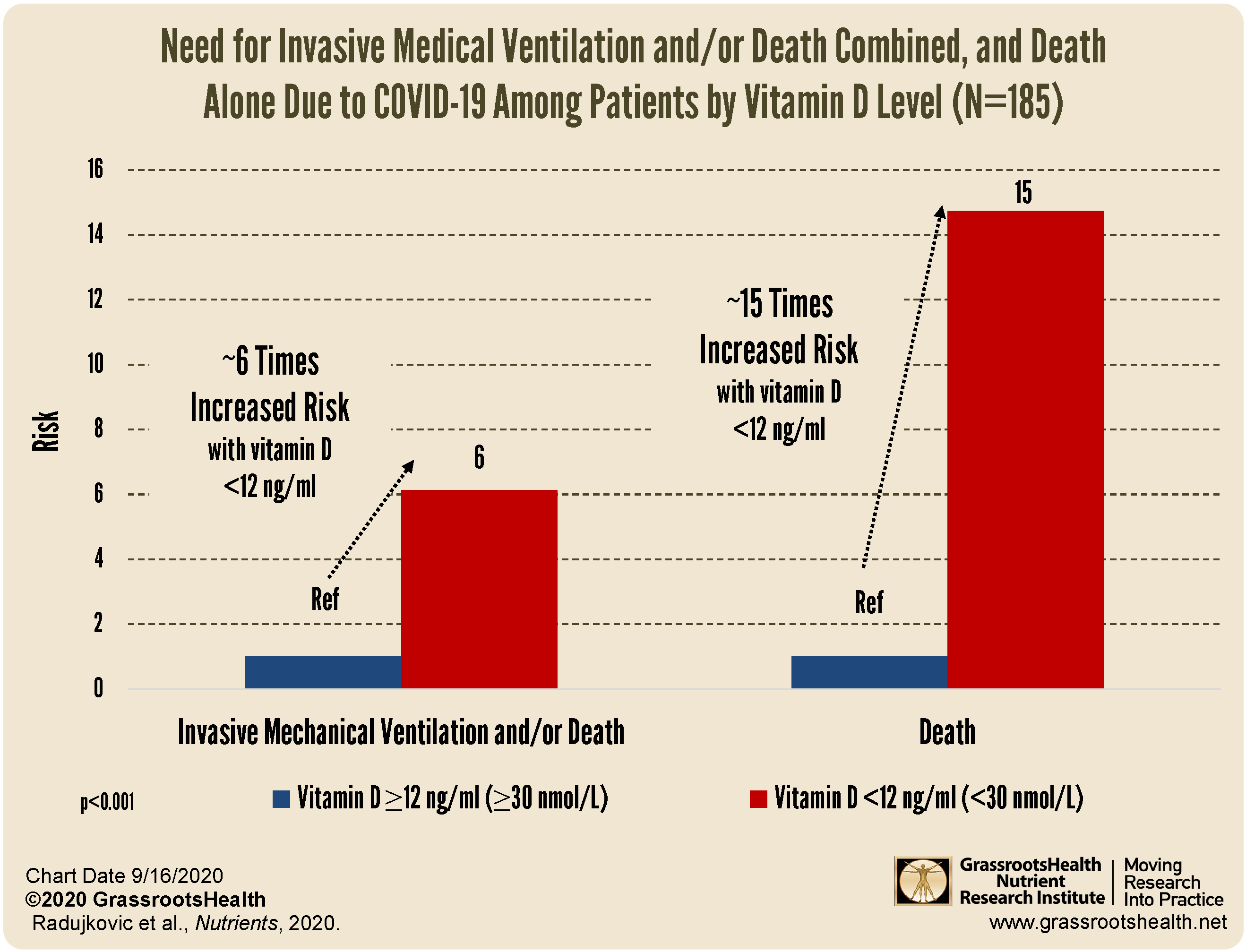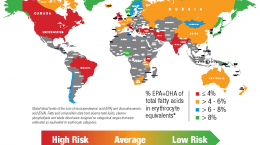Published on February 3, 2021
Study shows those with the highest Omega-3 Index had a 44% lower risk of cognitive impairment
 Several nutrients have shown promise in the prevention of cognitive impairment, Alzheimer’s disease, and other dementias. Studies have shown protective benefits from vitamin D, magnesium, probiotics, B vitamins, and omega-3 fatty acids. Reviews of the research on omega-3s specifically have shown improved general cognitive performance, attention, and processing speed with both EPA and DHA, and improved memory function with DHA.
Several nutrients have shown promise in the prevention of cognitive impairment, Alzheimer’s disease, and other dementias. Studies have shown protective benefits from vitamin D, magnesium, probiotics, B vitamins, and omega-3 fatty acids. Reviews of the research on omega-3s specifically have shown improved general cognitive performance, attention, and processing speed with both EPA and DHA, and improved memory function with DHA.
Omega-3s and Brain Health
Approximately 8% of the brain’s weight is comprised of omega-3 fatty acids. These fatty acids are found within the neural membranes, helping with key brain function such as electrochemical transmission and signal reception. In addition, they are thought to protect from oxidative stress, inflammation, and cumulative destruction. EPA and DHA are two omega-3 fatty acids known to play a key role in several aspects of brain health, including mechanisms involved in memory and cognition. The amount of these omega-3s present in your brain could be the difference between whether you succumb to injury or ward off the inflammation or attack.
In 2016, results from a study assessing the association between Omega-3 Index, a biomarker of EPA and DHA status, and cognitive decline among older adults were published. This study included 720 participants aged 68 to 92 years old and assessed four cognitive domains: orientation, memory, attention, and language.
What were the findings of the study?
Participants with the highest Omega-3 Index levels (greater than 6.8%) had a 44% lower risk of cognitive impairment compared to participants with the lowest Omega-3 Index levels (less than 5.7%) (P=0.01).
This association remained consistent after adjusting for sex, age, education, metabolic risk factors (obesity, hypertension, high cholesterol, smoking, and physical activity), depression, and anxiety.
How do you know if your omega-3 levels are supportive of cognitive health?
Measure your Omega-3 Index! The optimal range for the Omega-3 Index is suggested to be 8% or more. Less than 4% is undesirable, and 4-8% is in the intermediate risk zone. The majority of the US and Canadian populations are around 4%, while Japanese are typically above 8% due to the amount of fresh fish in their daily diet.
After you test and receive your Omega-3 Index results, we encourage you to use the Omega-3 Calculator to determine an estimated amount of how much more EPA+DHA you will need to reach 8% (or other desired goal). EPA+DHA is found in fish and many omega-3 supplements, but be sure you check how much EPA+DHA is in the specific types of fish you eat and the omega-3 supplements you take to determine how much of each you may need to consume.
While studies have shown that it is possible to achieve a higher Omega-3 Index through diet alone, it may be difficult to reach the recommended level of 8% or higher without supplementation.
Make Sure You are Getting Enough TODAY!
By joining the GrassrootsHealth projects, you are not only contributing valuable information to our study, but you are also gaining knowledge about how you could improve your own health through measuring and tracking your nutrient status, and educating yourself on how to improve it. Do you know what your status of vitamin D, omega-3s, and other essential nutrients is? Could your levels be improved? Test now to find out!
 We now have a NEW GIFTING SERVICE that allows you to quickly send ‘Gift Cards’ to friends, family and coworkers who you consider might need immediate access to testing, and to Claim the Joy of Your Health TODAY. Give the gift today!
We now have a NEW GIFTING SERVICE that allows you to quickly send ‘Gift Cards’ to friends, family and coworkers who you consider might need immediate access to testing, and to Claim the Joy of Your Health TODAY. Give the gift today!
What does the Research Say about Vitamin D & COVID-19?
It’s TIME to start saving lives! If you can help PREVENT the majority of the death, it’s time! What’s it costing you/us not to take action NOW?
There is much published research that supports a clear link between vitamin D and COVID-19 showing that higher vitamin D levels are related to:
a decreased risk of testing positive for COVID-19
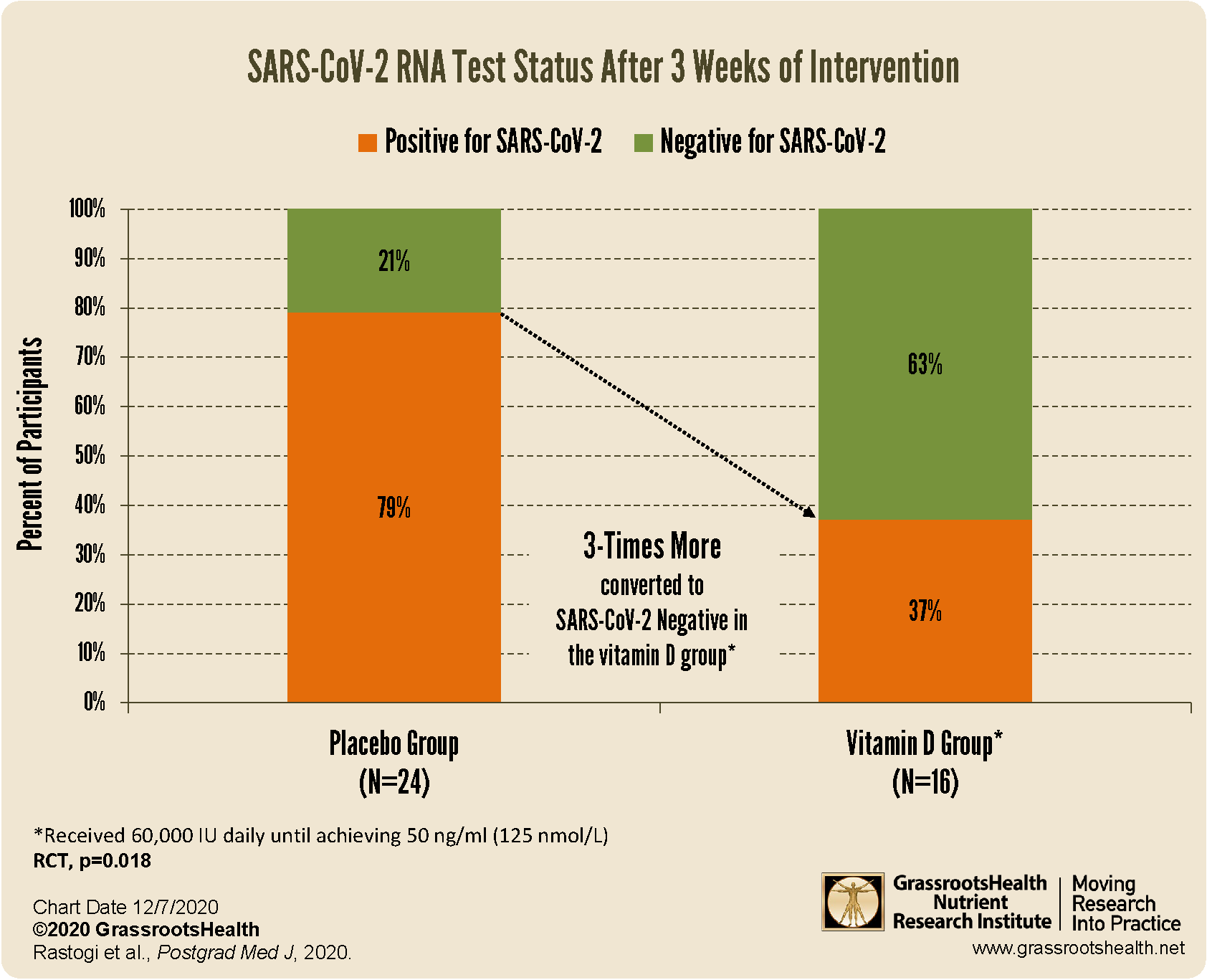 increased viral SARS-CoV-2 RNA clearance
increased viral SARS-CoV-2 RNA clearance
better clinical outcomes among patients with COVID-19
decreased risk of death due to COVID-19
Be sure to educate yourself on the benefits and importance of vitamin D for immune health, and take steps to ensure you and your loved ones are getting enough.
You can review all of the COVID-19 and immune health information we have shared on this page.


